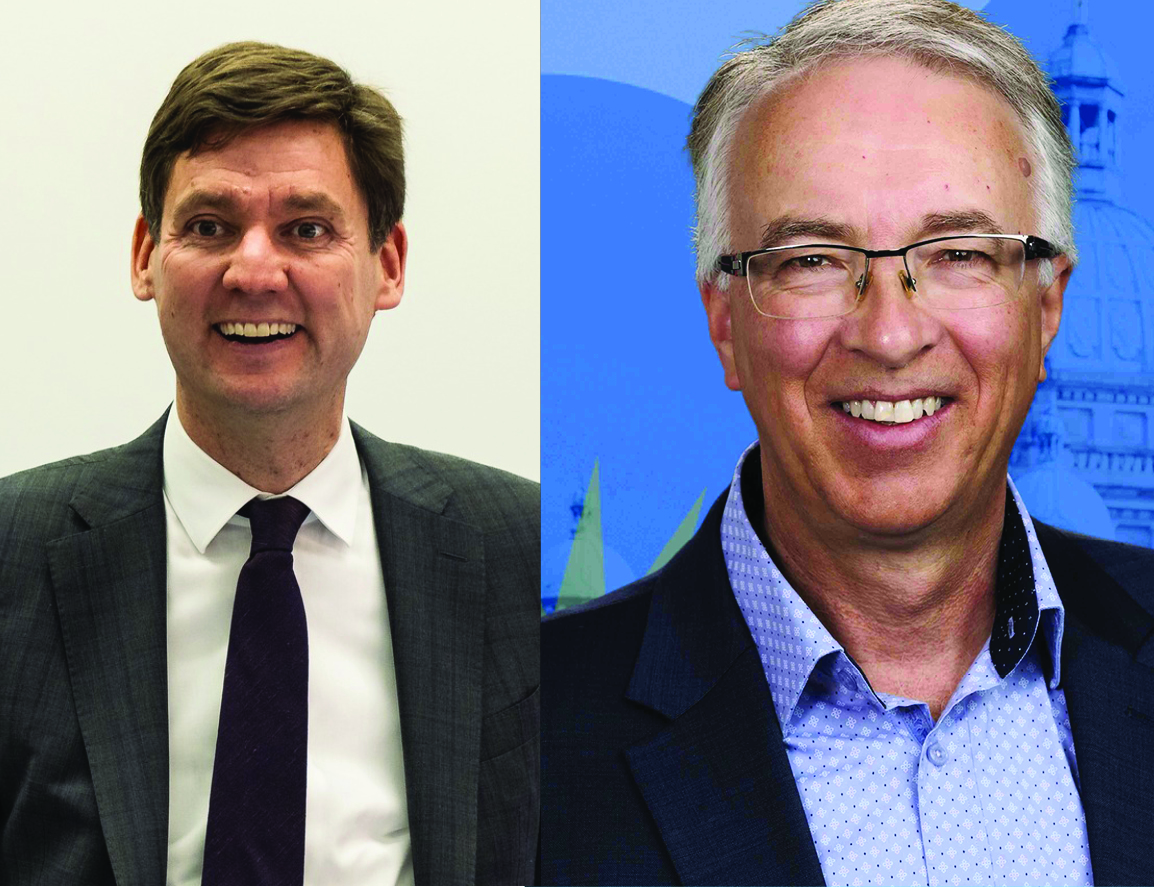
BC Voters Send a Clear Message in an atmospheric Tense 2024 Election: Better Governance Needed
Jafar Bhamji
10-22-2024
 Email
to a friend Email
to a friend
 Post
a comment Post
a comment
 Print Print
The 2024 British Columbia general election, held on October 19, 2024, to elect members of the Legislative Assembly, has left the province in political limbo. Neither the New Democratic Party (NDP) nor the Conservative Party managed to secure a majority, resulting in a deadlock that now awaits resolution through recounts and the counting of mail-in ballots.
With 99.72% of the votes tallied, Elections BC reports a record 2,037,897 votes cast, yet both major parties have fallen short of the 47-seat majority needed to form a government. Preliminary results show the NDP with 46 seats and the Conservatives with 45, while the Green Party holds just two. However, with nearly 49,000 mail-in and absentee ballots yet to be counted, the final outcome could shift in the coming days.
According to Elections BC, a difference of fewer than 100 votes triggers an automatic recount in several ridings. The final count, including these ballots and recounts, is expected to take until October 28, although the process could extend if judicial recounts are required. As it stands, 11 key ridings remain contested, with the NDP and Conservatives each confirmed to hold 40 seats so far.
A Fractured Political Landscape
The election results have underscored the province's deep political divisions. NDP leader David Eby, who remains premier as long as the current results hold, delivered a subdued speech to supporters, acknowledging the party's shortcomings. "We’ve got to do better, and that was our commitment to British Columbians, and we will do better," Eby said.
Meanwhile, Conservative Party leader John Rustad has hinted at the possibility of working with the Greens to secure governance, despite clear policy differences on key issues such as resource development and the carbon tax. Rustad has pledged to scrap the carbon tax if he becomes premier, while the defeated Green Party leader Sonia Furstenau has advocated for its expansion.
The Greens, holding just two seats, find themselves in a critical position as potential kingmakers. While Furstenau has stated that her party is not yet ready to enter formal discussions, both the NDP and Conservatives are keen on winning Green support. The last time the Greens were in a similar position, they signed a supply and confidence agreement with the NDP in 2017, only to have it broken in 2020 when the NDP called an early election.
Surrey City Centre is one of two ridings in British Columbia to qualify for an automatic recount, alongside Juan de Fuca-Malahat on Vancouver Island. NDP newcomer Amna Shah narrowly led Conservative challenger Zeeshan Wahla in the initial results, with a razor-thin margin of just 95 votes. Shah received 6,439 votes, while Wahla secured 6,344, falling within the less-than-100-vote threshold that triggers a recount.
The recount, scheduled to take place between Saturday and Monday (Oct. 26-28), will be part of B.C.'s final count. As mandated by the Election Act, the recount will be conducted manually, with ballots hand-counted by district electoral officers.
What’s Next for British Columbia?
If neither party can secure a majority by October 28th, the province faces three potential outcomes. The most unlikely option is a coalition government, where the Greens might join an NDP cabinet but sacrifice autonomy. Alternatively, a supply and confidence agreement could be brokered, as in 2017, although tensions from past breaches of trust might complicate this option. Lastly, a minority government may attempt to govern day-to-day, vulnerable to losing a confidence vote at any moment, which would trigger another election.
As British Columbians await clarity on the final results, it is clear that the electorate has sent a strong message: the province needs better governance, and the next government—whatever form it takes—will have to navigate a deeply divided political landscape.
With both the NDP and Conservatives looking to the Greens for support, the outcome of this election remains uncertain. The province now waits to see whether the Greens will side with the NDP once again or make a game-changing decision to ally with the Conservatives.
For now, British Columbia remains in suspense, awaiting a final resolution to its most contentious election in recent memory.
|